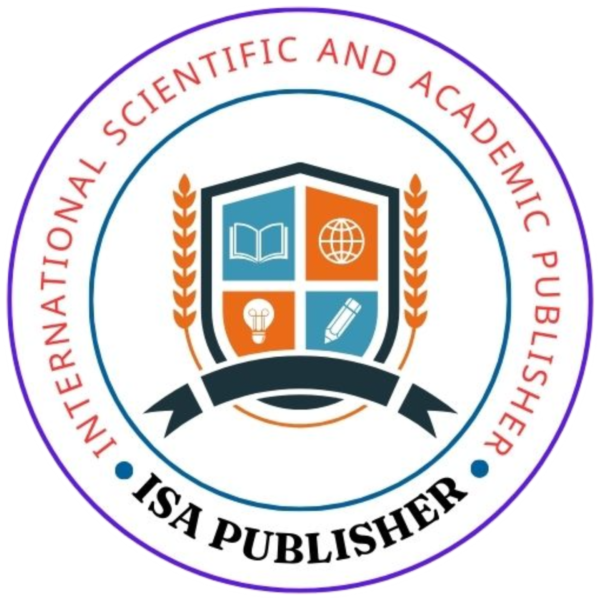AI-Guided CRISPR Screening for Novel Antigenic Targets in Leishmania and Plasmodium: A Computational-Parasitology Approach for Next-Generation Vaccines
- Prosper Chidi Nwachukwu1 & Blessing Chinazaekpere Friday-Izuoma2
- DOI: 10.5281/zenodo.17243561
- ISA Journal of Medical Sciences (ISAJMS)
Malaria and leishmaniasis remain major global health burdens, causing millions of infections and substantial mortality each year. Despite decades of research, effective vaccines are still limited. Malaria vaccines such as RTS,S/AS01 and R21/Matrix-M offer only partial and short-lived protection, while no licensed vaccine exists for leishmaniasis. Vaccine development is hindered by antigenic diversity, immune evasion, and the constraints of traditional discovery methods, which are slow, low-throughput, and often poorly translatable to clinical efficacy. For Plasmodium, candidates like CSP, MSP1, and AMA1 are undermined by polymorphism, and whole-sporozoite vaccines face production challenges. In leishmaniasis, recombinant proteins and DNA constructs show immunogenicity but fail to confer durable protection, while whole-parasite vaccines raise safety concerns. These limitations underscore the urgent need for innovative, integrated strategies, with AI-guided antigen prediction and CRISPR-based validation offering promising avenues for next-generation vaccine development.

